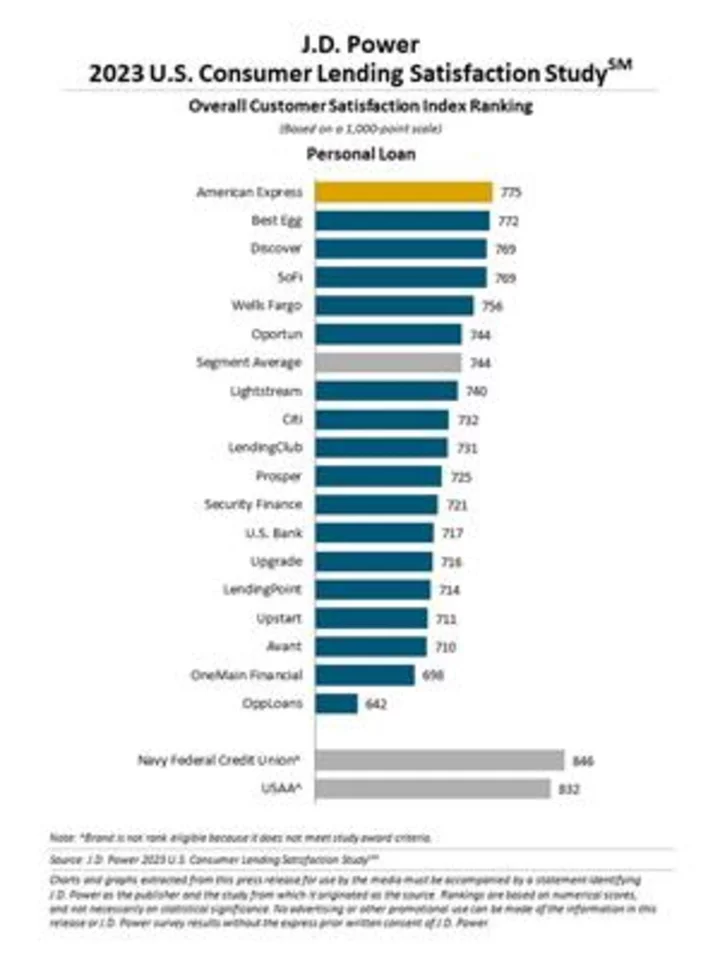
Fintech Lenders Gain Traction as Consumer Loan Satisfaction Increases, J.D. Power Finds
TROY, Mich.--(BUSINESS WIRE)--May 10, 2023--
2023-05-10 21:16

itel Launches Color-changing New Smartphone S23, Takes Users to New Heights
RABAT, Morocco--(BUSINESS WIRE)--Jun 9, 2023--
2023-06-09 22:26
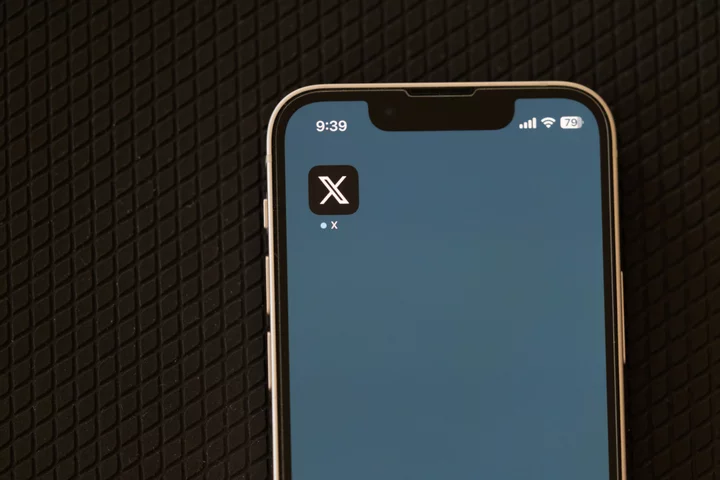
Brands suspend advertising on X after ads appear alongside Nazi content
Less than a week after X CEO Linda Yaccarino claimed the platform formerly known as
2023-08-18 01:25

SEGA: Pixel art won't be viable in the future
SEGA doesn't think pixel art will be viable in the future.
2023-09-01 00:25

Relay Robotics Introduces Relay2, The New High-Capacity Hotel Delivery Robot
NEW YORK & CAMPBELL, Calif.--(BUSINESS WIRE)--Jun 4, 2023--
2023-06-05 04:19

Save 50% on a lifetime subscription to interactive piano lessons
TL;DR: A lifetime subscription to Skoove Premium is on sale for £117.02, saving you 50%
2023-08-07 12:21
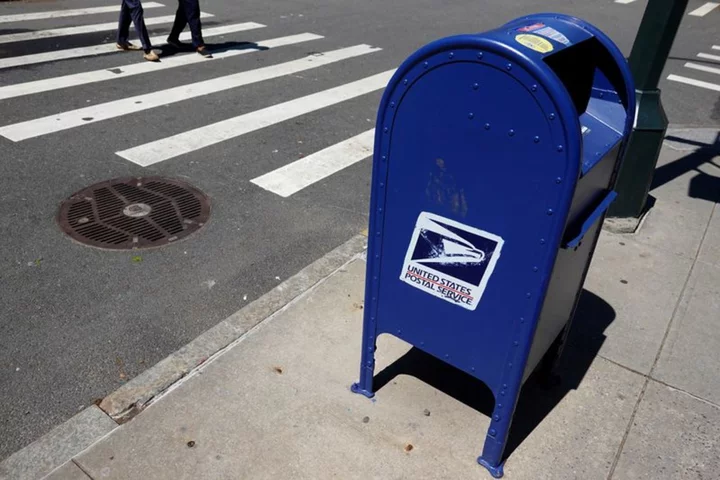
U.S. Postal Service cracking down on rising mail theft
By David Shepardson WASHINGTON (Reuters) -The U.S. Postal Service said on Friday it is taking steps to crack down on
2023-05-12 22:17
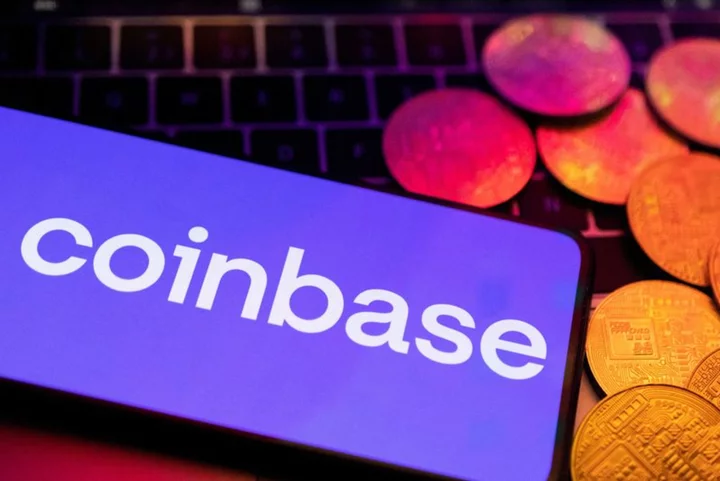
Coinbase, facing SEC lawsuit, says regulator lacks police power over crypto
By Jonathan Stempel NEW YORK Coinbase, the largest U.S. cryptocurrency platform, said it will ask a judge to
2023-06-30 01:20

Experts say introduce these eight changes to extend your life
Eight simple lifestyle changes could add more than 20 years to your life, research suggests. According to a study, presented at the annual meeting of the American Society for Nutrition in Boston, making minor changes even if you are already middle aged could pay massive dividends when it comes to extending your life. “Our research findings suggest that adopting a healthy lifestyle is important for both public health and personal wellness,” said Xuan-Mai T Nguyen, a health science specialist involved in the work at the US Department of Veteran Affairs. “The earlier the better, but even if you only make a small change in your 40s, 50s, or 60s, it still is beneficial,” she added. So what are the lifestyle changes? Sign up to our free Indy100 weekly newsletter They are: Eat well. Avoid cigarettes. Get a good night’s sleep. Be physically active. Manage stress. Avoid binge drinking. Be free from opioid addiction. Have positive social relationships. Who knew stopping smoking was so good for you?... The research drew on data from questionnaires and medical records collected between 2011 and 2019. The records covered more than 700,000 US veterans aged from 40 to 99 who were enrolled in the Veterans Affairs’ Million Veteran Program. “Men and women who adopted eight therapeutic lifestyle factors could gain 23.7 or 22.6 years of life expectancy, respectively, at age 40 years compared to those with no adopted lifestyle factors,” the authors write. However, as the study was done through observation, the work cannot prove a causal link between the factors identified and differences in lifespan. Have your say in our news democracy. Click the upvote icon at the top of the page to help raise this article through the indy100 rankings.
2023-07-25 17:16

LegalOn Taps Technology Veteran to Lead Multimillion Dollar Investment in AI
SAN FRANCISCO--(BUSINESS WIRE)--Aug 21, 2023--
2023-08-21 20:15

Apple co-founder Wozniak suffers possible stroke in Mexico -local media
MEXICO CITY (Reuters) -Apple co-founder Steve Wozniak was hospitalized in Mexico City on Wednesday due to a possible stroke, Mexican
2023-11-09 09:22

How to watch Arsenal vs Man City in the Community Shield for free
It doesn't feel like a lot of time has passed since the last Premier League
2023-08-01 12:19
You Might Like...

Sprouts Announces 24 School Garden Builds in 24 Hours in 24 Communities

A parasitic wasp with a giant head has been discovered and it's the stuff of nightmares

Helion announces world’s first fusion energy purchase agreement with Microsoft
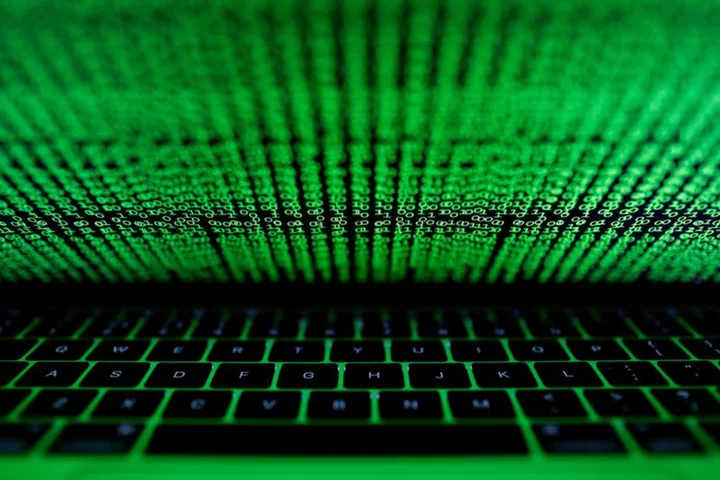
Senegalese government websites hit with cyberattack

xQc claps back at Logan Paul's skepticism regarding his lucrative $100M Kick deal, Internet dubs WWE superstar 'dislikeable'
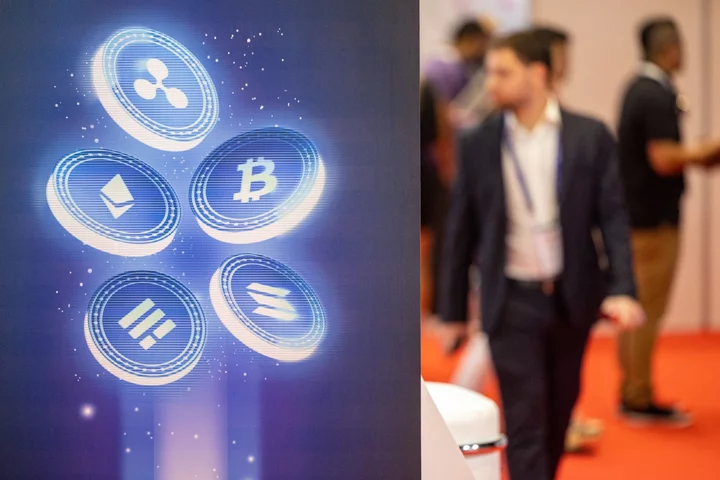
Cryptocurrencies Jump on Ripple Token Ruling Seen as Victory by Industry
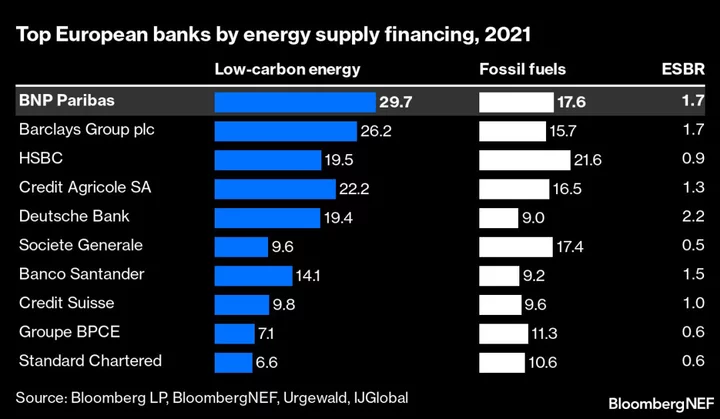
Banks Put on Notice as Climate Liabilities Hit Capital Planning

Will IShowSpeed participate in Sidemen Charity Match 2023? Fans say 'we need to get Wade'
